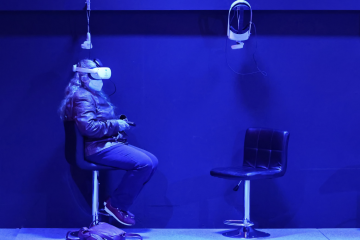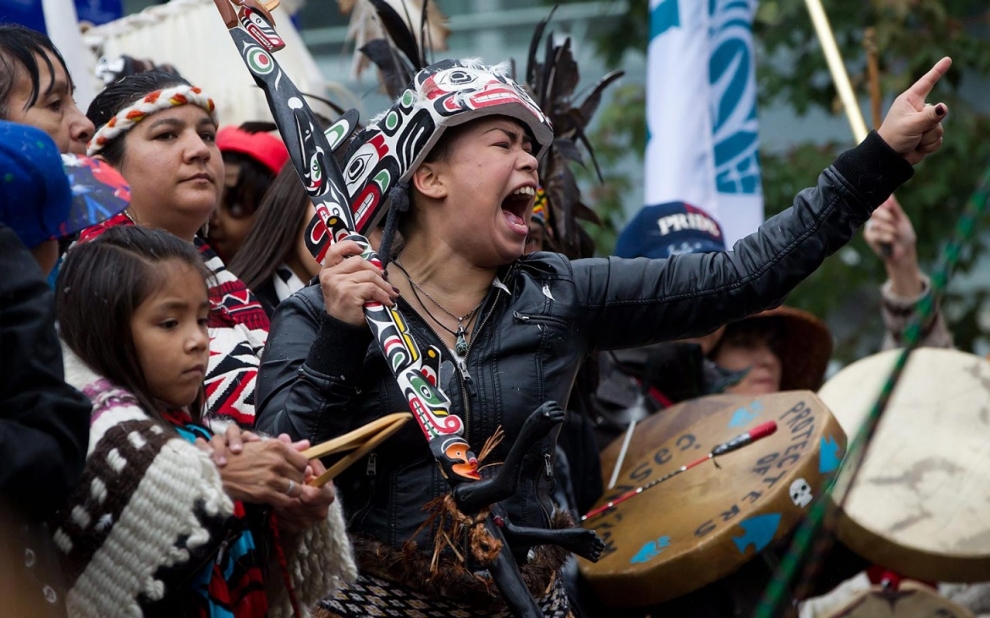For its third consecutive year, McGill’s lower field was crowded with students, staff, and community members, coming together to witness an inclusive, colourful pow-wow that would launch Indigenous Awareness Week. From September 23rd to 27th, McGill was host to various events such as numerous informational talks by professionals in their fields, interactive workshops in making dream-catchers, and film screenings. Organized by the Social Equity and Diversity Education Office (SEDE) of McGill, each event was created in order to promote awareness among the McGill community about the progress made in eradicating certain issues, as well as about issues that the Indigenous population continues to face.
Canada has a long history of exploitation of indigenous populations. In an attempt to rectify this, the Indian Act of 1876 was issued to promote the assimilation of minorities into Canadian culture. Although this act was intended to improve indigenous standings in society, it has come to be seen as a failure by political indigenous leaders, who are still forced to fight for social and economic right, as well as for political autonomy from the government.
Teresa Edwards, Director of Human Rights and International Affairs at the Native American Women’s Association of Canada, opened the week-long celebration with a discussion about the struggles of Indigenous women. Edwards focused on the dangers the minorities face, namely those of domestic abuse, murder, and the persistent obstacles they encounter when seeking the help of the justice system. Edwards stated that, “high-risk lifestyle for Aboriginal women is being an Aboriginal woman”, as they are surrounded by communities which still believe in the stereotypes of inferiority of indigenous populations. These misconceptions are often at the root of the abuse to which Aboriginal women fall victim. Despite the government’s efforts to promote equality for minorities by funding equity groups and protecting preserves designated for indigenous communities, problems still exist for minority populations. Edwards and several other speakers throughout the week stressed that racial discrimination towards indigenous women continues to be an issue in Canada because of the persisting stereotypical view society has towards these women.
The yearly event of Indigenous Awareness Week was created not only in order to promote the celebration of Indigenous identities, but also to educate the McGill community about the obstacles indigenous populations are fighting. Edwards emphasized the need for allies, volunteers, and the promotion of health and safety for indigenous populations. One may hope that the McGill student body, with its large number of passionate and dedicated individuals, will prove to be a worthy and proactive recipient of Edward’s message. The success of Indigenous Awareness week will be measured by the action and change that it inspires.




